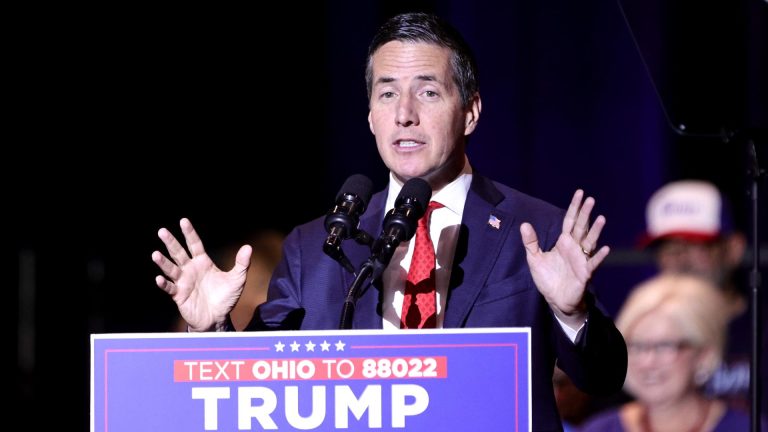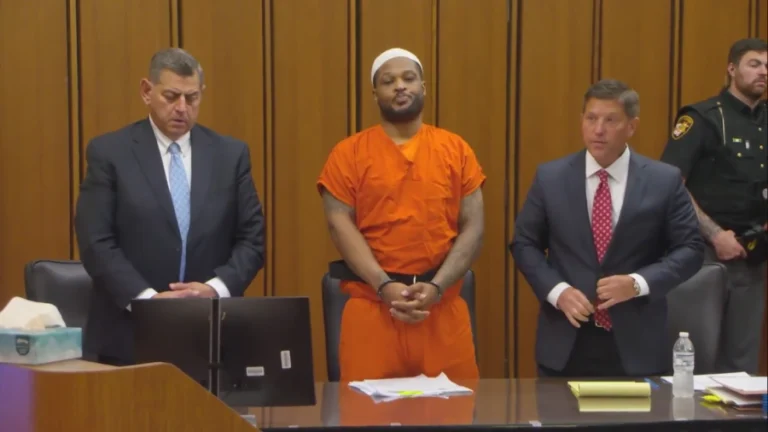Ohio’s Issue 1 Explained: A Guide for Voters on Redistricting Changes
Ohioans will be voting on a crucial redistricting issue in November—Issue 1. This measure aims to change the way district boundaries are drawn in the state.
Currently, Ohio lawmakers are elected from districts established by a seven-member panel, a process that voters overwhelmingly approved in 2015. This panel consists of a Republican and a Democrat from both the House of Representatives and the Ohio Senate, along with the governor, secretary of state, and state auditor— all of whom are currently Republicans. The panel’s responsibility is to delineate congressional and senate districts across Ohio.
However, in 2022, the Ohio Supreme Court ruled seven times that the maps created by this panel amounted to gerrymandering, heavily favoring Republicans. In response, Issue 1 proposes to reform the district-drawing process.
Instead of the existing seven-member political panel, Issue 1 seeks to establish a new commission composed of 15 citizens from across the state. This commission would include five Democrats, five Republicans, and five independents. The panel will be selected by four retired judges familiar with the Ohio Constitution.
Catherine Turcer, the Executive Director of Common Cause Ohio, is advocating for Issue 1. She stated, “We don’t have accountability now. The Ohio districting commission, which includes the governor, the auditor, and the secretary of state, drew district lines that unfairly advantaged one political party over the other. We are concerned about accountability because we want our elected officials to listen to us. Gerrymandering manipulates elections.”
Turcer emphasized that the new commission would be free from the pressures of favoring political allies. “Citizens won’t have the pressure to create district lines that benefit themselves; they will be focused on the voters,” she added.
Opponents of Issue 1, however, raise concerns about the lack of public input in selecting the commission members, who would have control over taxpayer funds. They also note the significant financial backing from outside organizations, including the Sixteen-Thirty Fund, a nonprofit Democratic political fund that does not disclose its contributors.
Former U.S. Congressman Jim Renacci, who is campaigning against Issue 1, stated, “Gerrymandering has been around for a long time. When the Democrats were in control, the Republicans were unhappy, and now that the Republicans are in control, the Democrats are upset. We have a system where elected officials make these decisions. If you don’t like their choices, you can vote them out of office.”
Renacci argues that Issue 1 creates an unnecessary bureaucracy that will produce maps in the same way the current commission does, merely using a computer. “Ultimately, they’ll just run a computer program to determine the district boundaries. This new initiative simply adds another layer of bureaucracy. We could design the software to draw the maps we want without the added costs,” he said.
He also contended that even if the commission comprises non-political individuals, it is impossible to eliminate politics from the process. “Every judge has political ties. The four judges will select five Republicans, five Democrats, and five independents who have never been involved in politics. Finding such people is unrealistic,” Renacci stated. “If we want specific district boundaries, let’s create the software to achieve that goal.”
Turcer countered, asserting that politics is inherent in human nature, but measures can be put in place to ensure those drawing the maps do not feel pressured to favor their political party or associates. “We can establish guardrails to remove the conflicts of interest and prevent individuals from manipulating district lines for their benefit,” she said. “It doesn’t matter if you’re a Democrat, Republican, independent, or libertarian; we all want to participate in meaningful elections. For too long, these district lines have marginalized one political party over the other, disempowering voters. The new commission will focus on benefiting the electorate, leading to fairer representation.”






